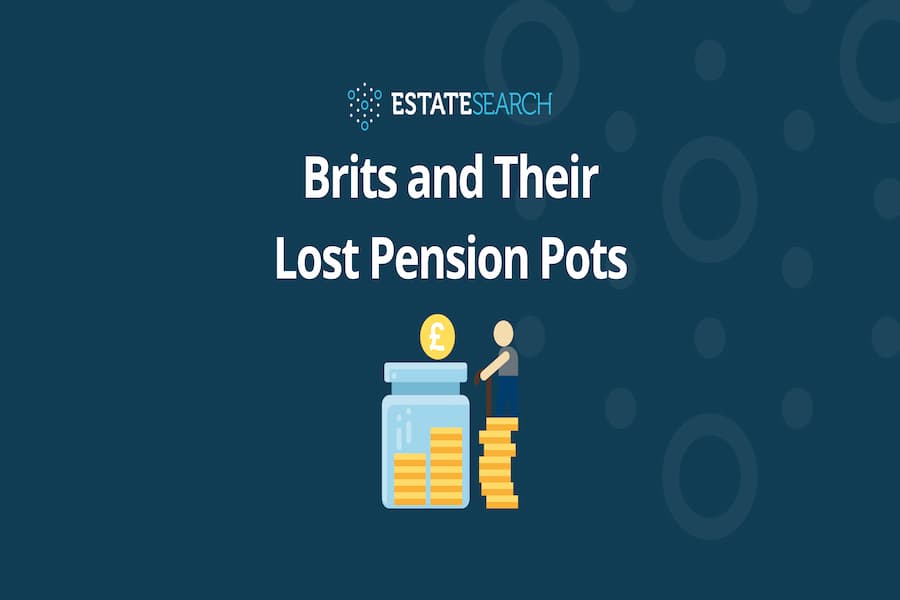According to Finder, 91% of UK individuals have a pension. However, by retirement, it is possible these pensions can be misplaced or lost. People lose track of their savings, investments, and pensions on a regular basis; with pensions and savings having gone online, losing passwords, and not keeping records for families is a very real issue. Further, Executors routinely fail to engage in best practice and do not look for or find all the assets belonging to a deceased person.
A study by life company, Aegon UK (2021) showed that 73% of working people in the UK have multiple pension plans, and of this, 17% have lost track of one of these, suggesting that around 6.4 million people in the UK have misplaced some of their retirement savings. In total, The Association of British Insurers (ABI), estimates £19.4 billion, comprising 1.6 million workplace pension pots with an average size of £13,000, have been misplaced.
Since 2012, employers have gradually been required to automatically enrol eligible workers into a workplace pension scheme, allowing many more people to save for retirement. However, this has now led to the majority of people having more than one pension, increasing the likelihood of misplacing money or access to the pension. Due to the auto-enrolment rules, should employees want the contribution from their employer (currently a minimum of 3% of earnings), they cannot opt to channel the payments into a different scheme to the one they have from their previous job.
Effectively, when someone changes jobs, it is very likely they will automatically open a new pension scheme. The UK government suggest that on average individuals have eleven jobs across their working career, meaning they may open up to eleven different pension schemes. This led to auto-enrolment providers The People’s Pension and Nest, reporting in 2017 that half of their accounts were inactive.
As a Personal Representative it is your responsibility when managing an estate, to confirm that any beneficiaries are receiving what is owed to them. Executors must locate all the financial assets, including any pensions that have accumulated. Estatesearch offer Financial Asset Searches as part of our Financial Profile Service, which helps to identify the assets in the estate quickly, whilst mitigating risk.
We actively notify and search a comprehensive list of banks, building societies, investment managers, share registrars, pension providers and insurers of the deceased and notify the private client practitioner when a financial institution reports a “match”. Responses and updates can be seen in real-time in our portal and include copies of any relevant correspondence, reference numbers and contact details.
Our Financial Asset Search Service offers an unrivalled level of transparent due diligence, a clear audit trail of all reasonable steps taken to locate the assets of the estate, and a fast and efficient search with a fully detailed, final report delivered on day thirty.
For more information on any of our services visit our website www.estatesearch.co.uk, email hello@estatesearch.co.uk or book a meeting now to have a look at our portal.
This article was submitted to be published by Estatesearch as part of their advertising agreement with Today’s Wills and Probate. The views expressed in this article are those of the submitter and not those of Today’s Wills and Probate.



















